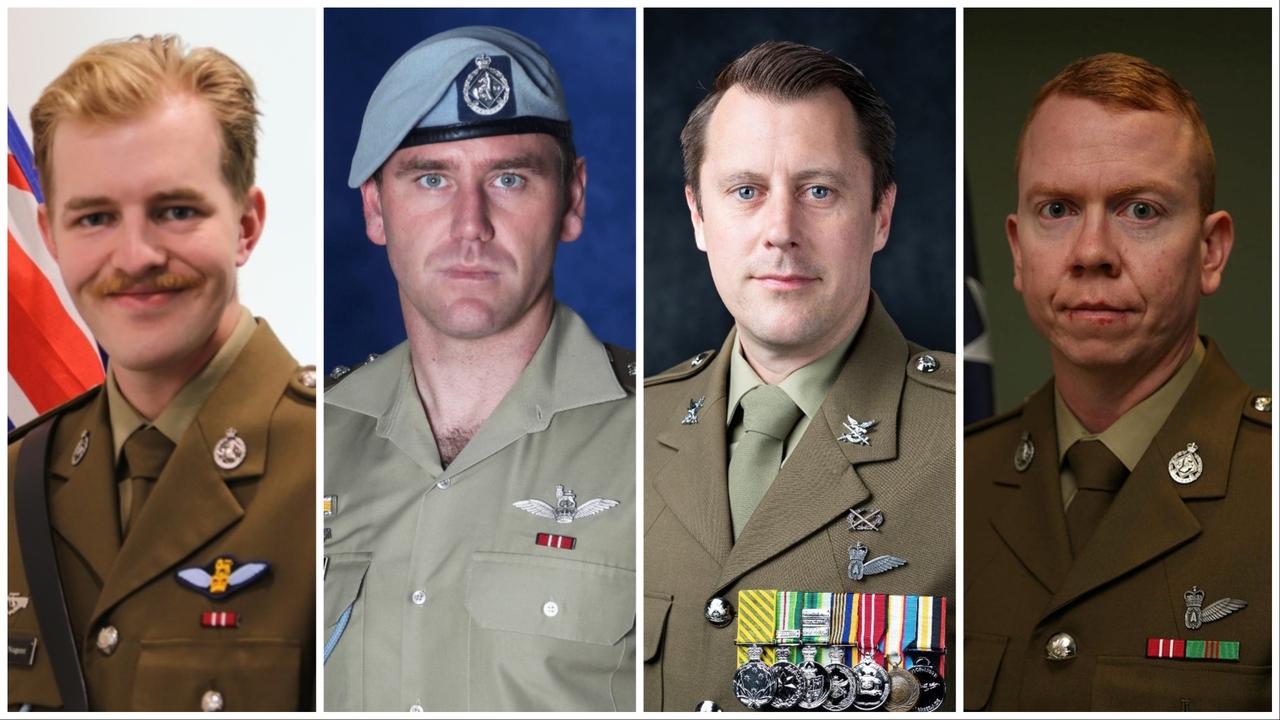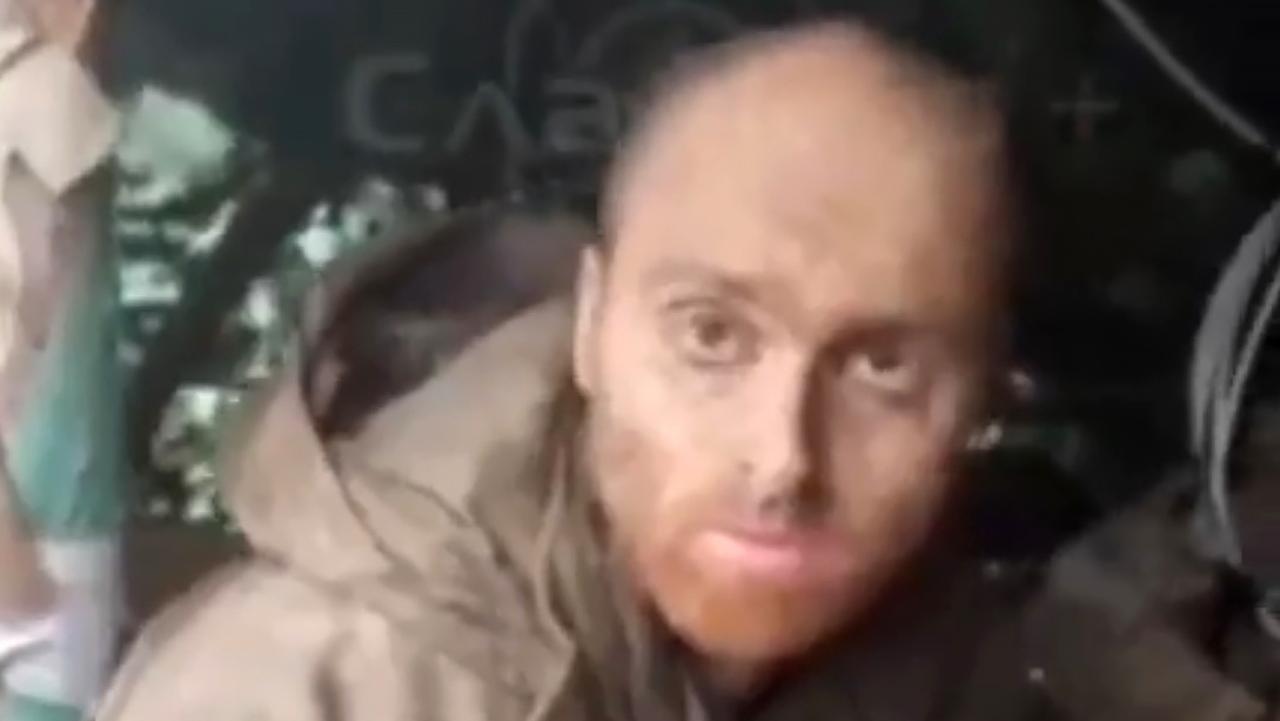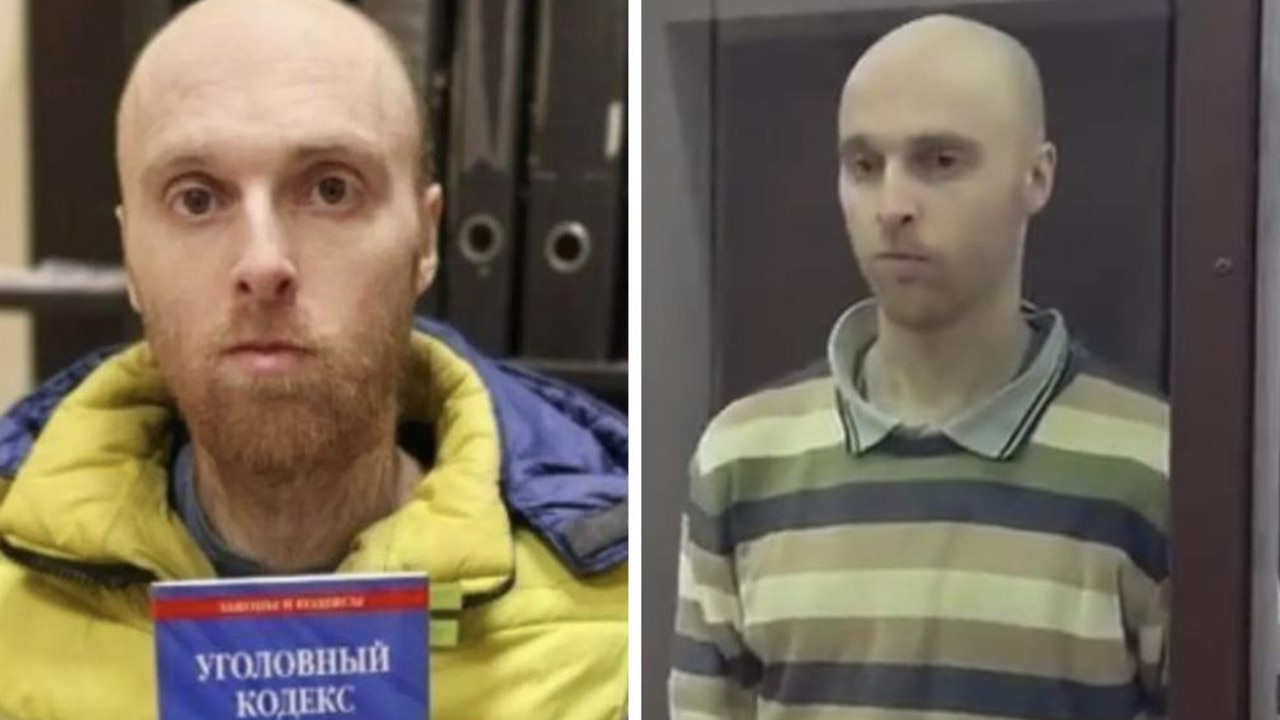Humiliating factor in Russian army’s failure identified by British intelligence
Western intelligence has identified a core, embarrassing deficiency in the Russian army that’s contributing to its heavy losses in Ukraine.
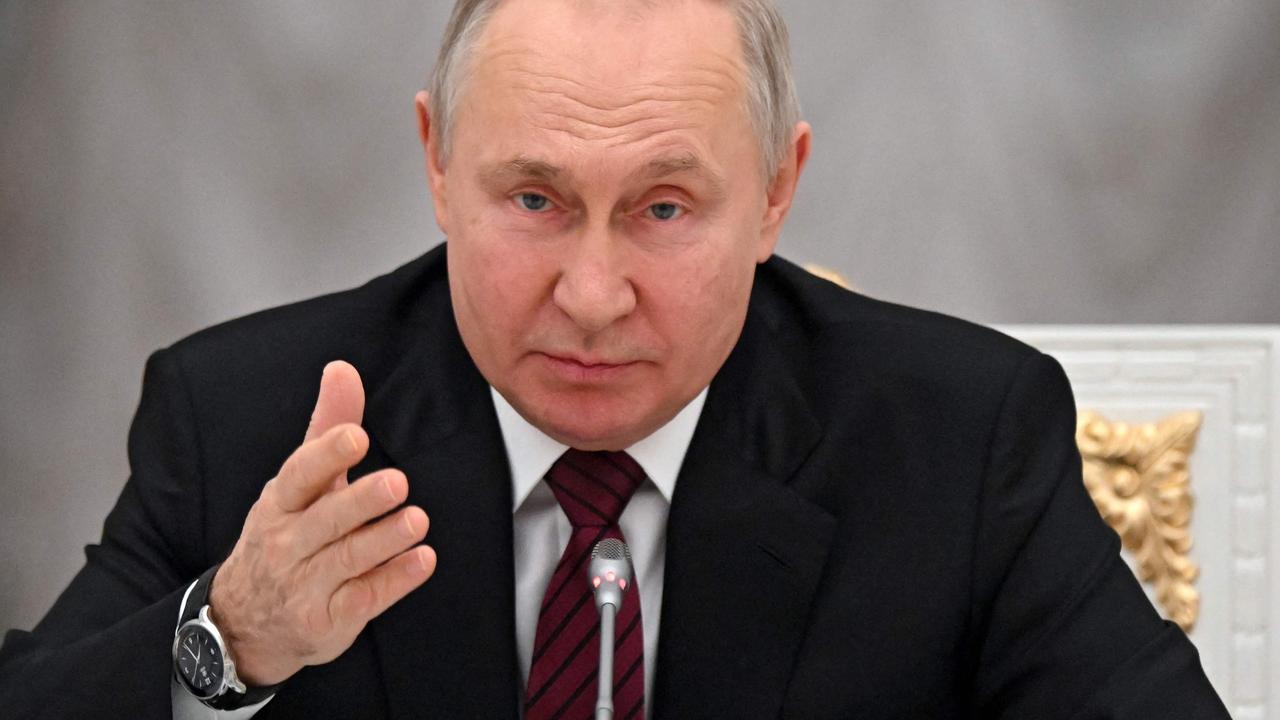
British intelligence has identified a humiliating deficiency in the Russian military which is contributing to its heavy losses in the invasion of Ukraine: rampant alcoholism.
In its latest intelligence update on the war, on Sunday local time, the United Kingdom’s Defence Department revealed heavy drinking was a leading “non-combat cause” of casualties among Russian soldiers.
“While Russia has suffered up to 200,000 casualties since its full-scale invasion of Ukraine, a significant minority of these have been due to non-combat causes,” the ministry said.
It cited a Russian Telegram channel, which reported an “extremely high” number of incidents, crimes and deaths “linked to alcohol consumption amongst the deployed Russian forces”.
“Other leading causes of non-combat casualties likely include poor weapon-handling drills, road traffic accidents and climatic injuries such as hypothermia. Russian commanders likely identify prevalent alcohol abuse as particularly detrimental to combat effectiveness,” it said.
“However, with heavy drinking pervasive across much of Russian society, it has long been seen as a tacitly accepted part of military life, even on combat operations.”
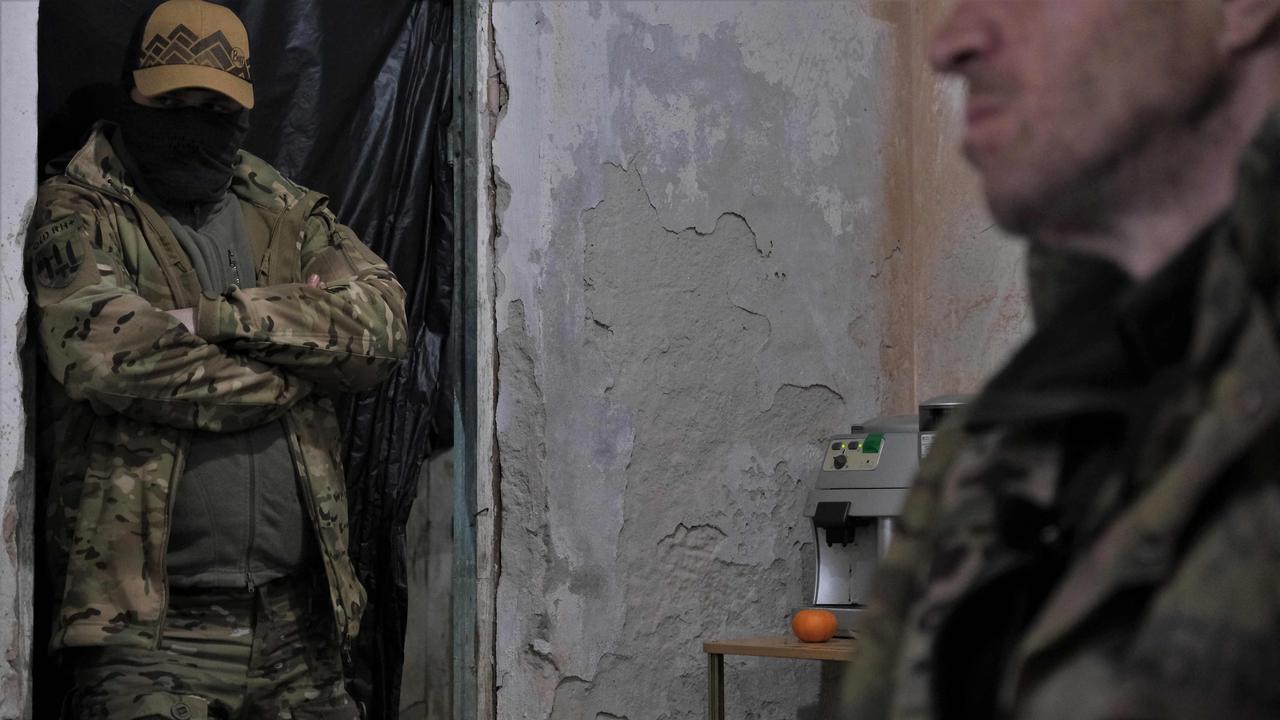
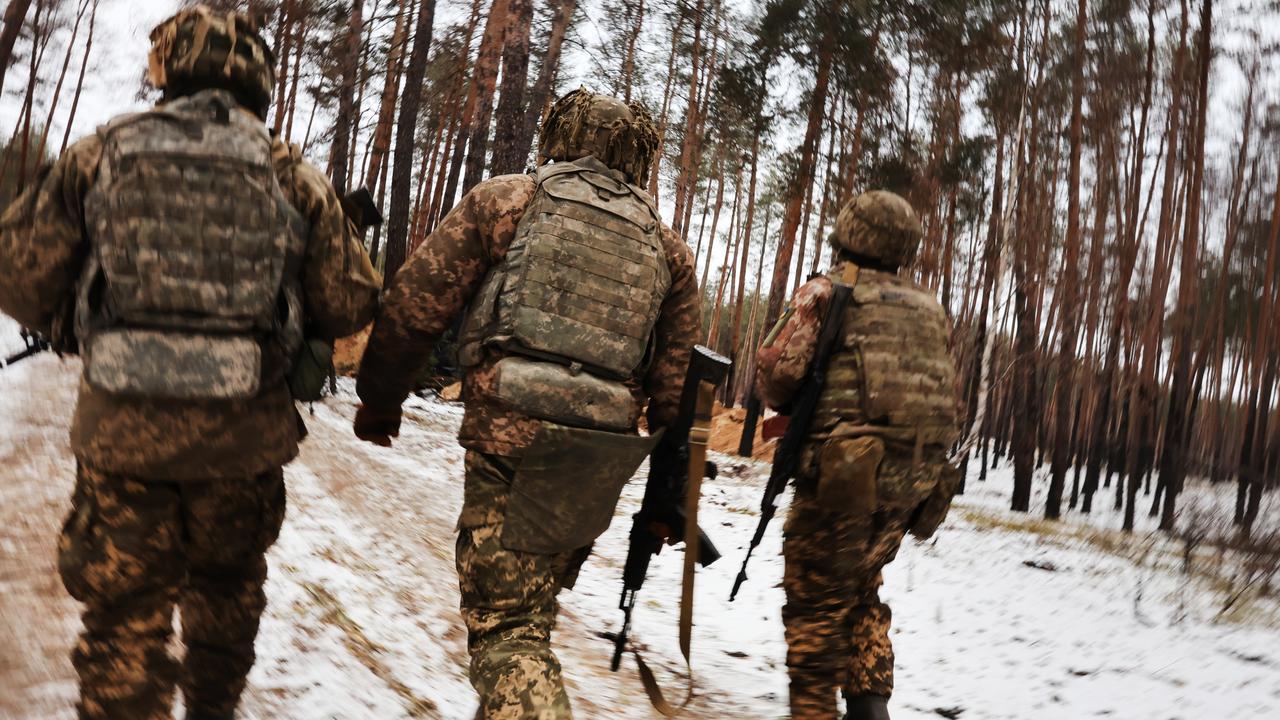
The enormous scale of Russian casualties is reportedly forcing President Vladimir Putin to recruit even more troops – as many as 400,000 – to join the war in Ukraine.
“Russia is presenting the campaign as a drive for volunteer, professional personnel, rather than a new mandatory mobilisation,” UK intelligence said late last month.
“There is a realistic possibility that in practice this distinction will be blurred, and that regional authorities will try to meet their allocated recruitment targets by coercing men to join up.
“Russian authorities have likely selected a supposedly ‘volunteer model’ to meet their personnel shortfall in order to minimise domestic dissent.”
A previous “partial mobilisation” of new forces, launched in the northern hemisphere’s autumn season, has yielded only “marginal gains” in the Donbas region so far, with “tens of thousands of casualties”.
UK intelligence characterises this as Russia “largely squandering its temporary advantage in personnel”. And as a result General Valery Gerasimov, who took command of the war back in January, is “pushing the limits of how far Russia’s political leadership will tolerate failure”.
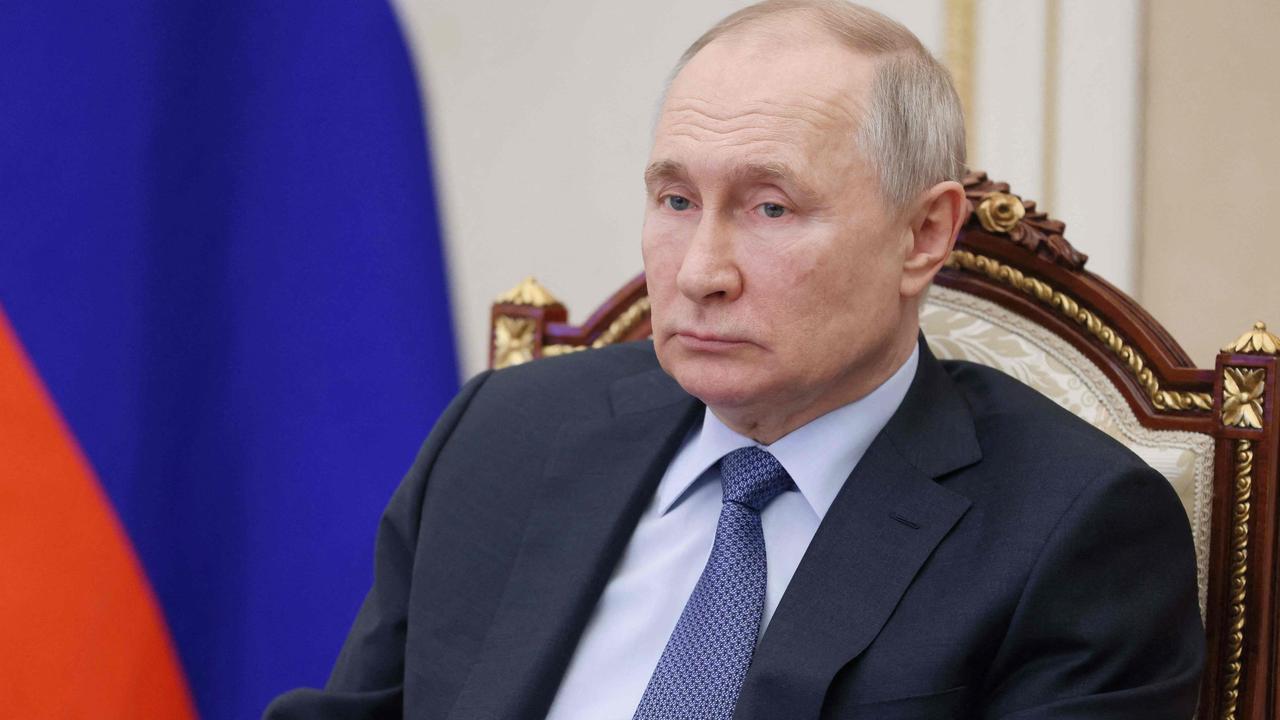
On the Ukrainian side, President Volodymyr Zelensky praised his forces for fighting off “the biggest force against humanity of our time” on Sunday, as he marked a year since bodies were found in the streets of Bucha, a town near the nation’s capital, Kyiv.
Russian forces occupied Buch afor more than a month last year, and its name has become synonymous with war crimes committed by the invading force (Russia has accused Ukraine and its allies of staging the atrocities).
“You have stopped a force that despises everything, and wants to destroy everything that gives people meaning,” Mr Zelensky told his people.
“We will liberate all our lands.”
Russia continues to occupy a little under a fifth of Ukraine’s territory.
On April 2 of last year, AFP journalists visited Buch and saw the bodies of 20 men in civilian clothing, including one with his hands tied behind his back. The grim scenes sent shockwaves around the world.
Ukrainian prosecutors allege Russian forces killed some 1400 civilians in the area around Bucha, including 637 in the town itself. They claim to have identified dozens of the Russian soldiers responsible.
When he visited Bucha shortly after the discovery of the bodies, Mr Zelensky was visibly moved and said Russia had carried out “war crimes” that “will be recognised by the world as genocide”.
Since then almost every foreign leader who has visited Ukraine has also travelled to Bucha to pay their respects.
On Friday, the first anniversary of Russia’s retreat from the Kyiv region, Mr Zelensky said he hoped Bucha would become a “symbol of justice”.
“We want every Russian murderer, executioner, terrorist to be held responsible for every crime,” he said.
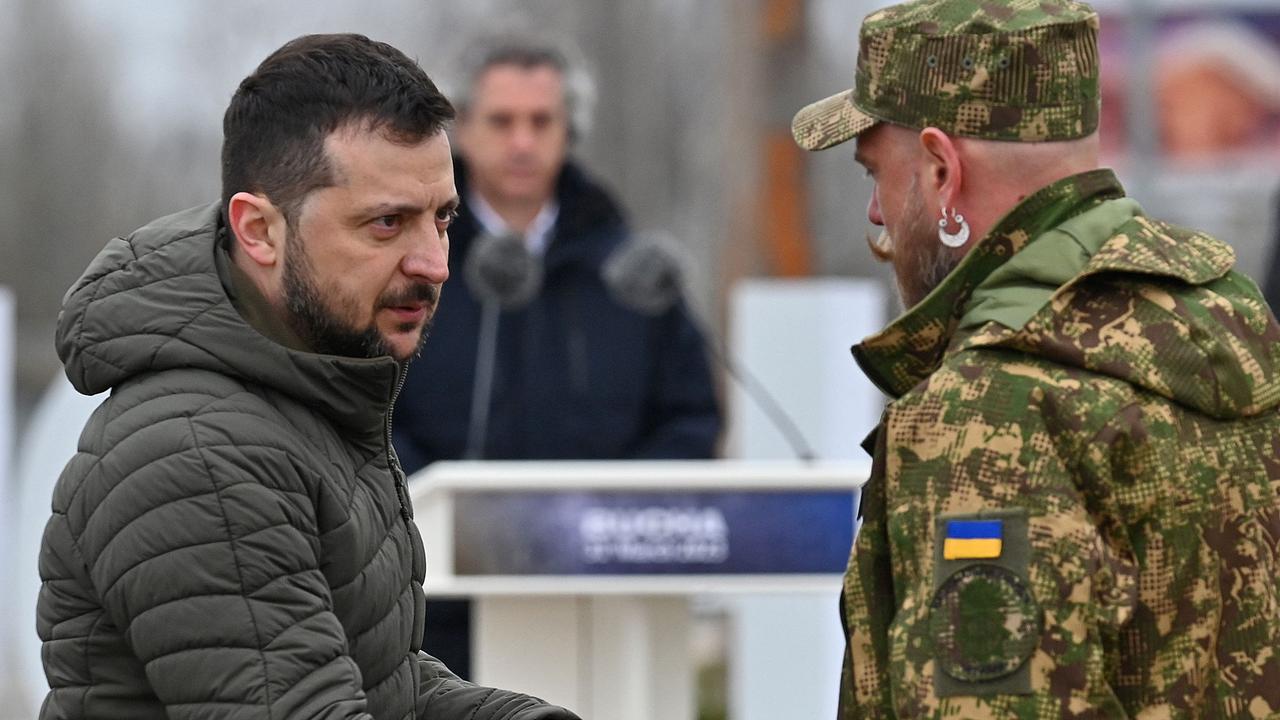
After Russian troops retreated from the Kyiv region, they also drew back from parts of the northeast and south of the country.
But the frontline has remained almost static in recent months, with Russian troops achieving only marginal gains, mainly around the battleground city of Bakhmut in the east.
The gains have come with steep casualties and Ukraine’s defences have held, with help from supplies of Western arms.
The Russian army, supported by the Wagner paramilitary group, has pressed hard to surround Bakhmut, hoping to claim a battlefield victory after the string of humiliating reversals.
On the ground, the intensity of the fighting has decreased from the start of the year despite intense clashes around Bakhmut.
Andriy Yermak, head of Mr Zelensky’s office, on Sunday said Russian forces carried out “a massive bombardment” on the village of Kostyantynivka near Bakhmut, killing six people and injuring eight.
– with AFP

